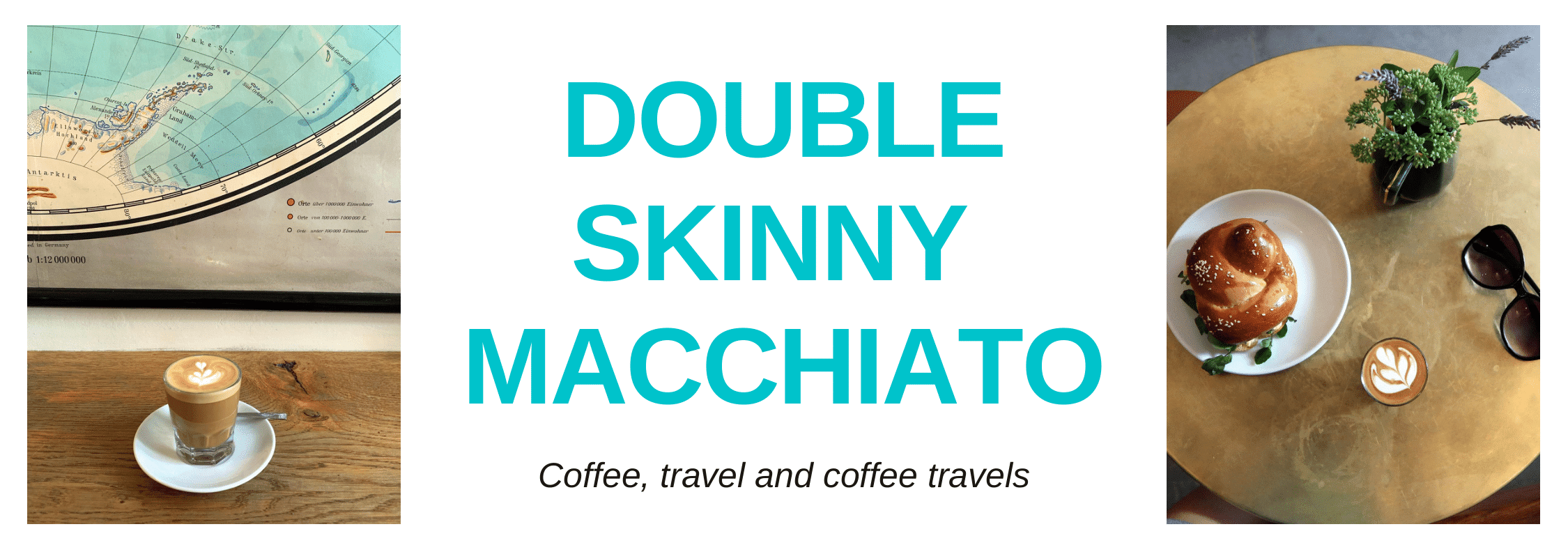I probably wouldn't have gone to see Three Sisters at the Lyric Hammersmith at all if I hadn't won free tickets courtesy of Time Out London. Each week, Time Out's "what's on" mailing has at least one competition to win tickets to see a play, theatre or other piece of culcha. As it only takes a couple of clicks, I usually enter every time something even vaguely interesting or otherwise enriching shows up. This week was the first time I won.
I didn't remember the play well, although I did play Irina aeons ago as part of a speech and drama exam; I tend to confuse parts with other Chekhov plays, as well as Tolstoy, Dostoyevsky, et al., though. I hadn't heard of most of the cast, either, apart from Romola Garai, whom I saw a few months ago at the BFI. Still, I was keen to clear some of the confusion and, anyway, free tickets are free tickets. We had pretty good seats too--we were towards the back of stalls but in the middle of the row so there was a good view.
When we went in, I thought at first that they were doing some sound checks (the play goes on general release the week after next so I assume various preview and press screenings are taking place until then)--there was loud music playing with the occasional even louder sound effect, like a clock ticking, a plate smashing or Chekhov's gun going off. It turned out that this was part of the performance and, indeed, the music continued at the end of each act, during the interval and after the bows.
The music itself was a loop of 30-second samples of a range of songs from The Smiths' Please, Please, Please... to Duffy's Distant Dreamer and Feel Like Making Love by the Bad Touch--quite an eclectic and fun mash-up, I thought. The use of sound proved to be important throughout the performance. There were mics set up at various points across the stage and sometimes characters would whisper into them so that the whispering was conveyed but the audience could hear. Minstrels stroll onto stage playing electric guitars, providing the background music to one scene, while a piano is placed in the middle of the living room at the Prozorova house, although as it is only ever played off-screen, Chekhov might argue that it is unnecessary. The characters' accents vary greatly as well, although no Slavic accents feature--Romola Garai's Masha is terribly RP, while Irina has a wonderful Irish brogue. Geordies and Northerners also make appearances and when Kulygin mocks one of his pupils for the pupil's Latin fail, he adopts a thick Brummie accent.
This theatre company, Filter, is apparently famous for their use of sound in their productions and it was certainly very striking, if a little distracting at times--especially when you're busy trying to remember which character is which (no mean feat when each person is called at least two different names and when you haven't forked out £3 for a programme). Garai was good as Masha but I was most entertained by Irina (Claire Dunne) and the Baron (Jonathan Broadbent), who had un certain air de Bill Nighy about him--maybe it was just the hair and the glasses.
There were still a few empty seats when the play began and a few more people left during the interval (including, thankfully, the woman sitting next to me, who had spent the first half drumming her fingers on her programme, sighing and falling asleep) but those who stayed were rewarded with a more entertaining second half--or perhaps the audience were just more awake. Well worth the trip way out west, in my opinion, anyway.



No comments:
Post a Comment